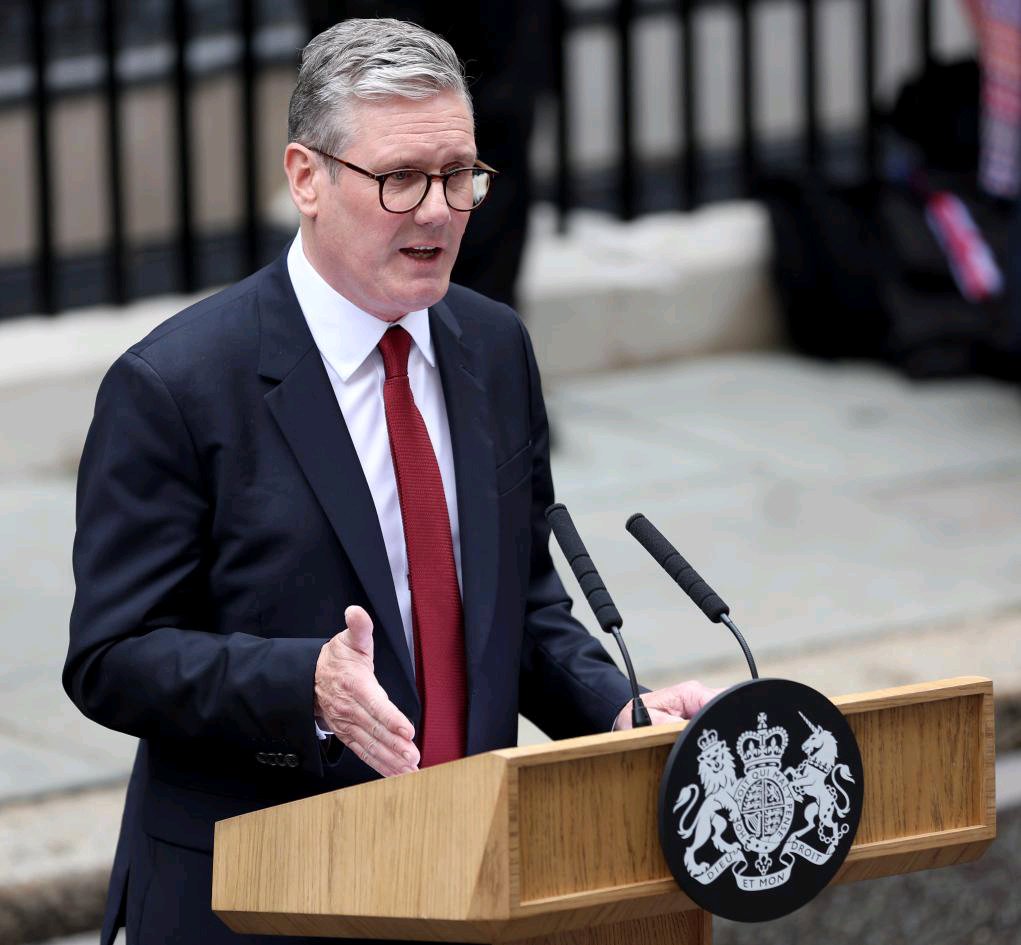In a report by Times of Israel on 21st September, 2025, Israel’s political and security establishment reacted on Sunday after Britain, Canada, and Australia formally announced their recognition of a Palestinian state.
The move has set off a storm of condemnation from across the Israeli political spectrum, with officials warning that it could embolden Hamas and undermine ongoing efforts to secure the release of hostages still held in Gaza.
Knesset Speaker Amir Ohana, a senior figure in Prime Minister Benjamin Netanyahu’s Likud party, took direct aim at British Prime Minister Keir Starmer, describing him on X as “a modern-day appeaser who chose dishonor.”
Former prime minister Naftali Bennett also weighed in during an interview with Sky News, arguing that the United Kingdom has no authority to set conditions for Israel, declaring, “Who does Starmer think he is? There is no British mandate anymore, and true friends do not dictate terms to one another.”
The criticism extended across party lines. Former IDF chief of staff and ex-minister Gadi Eisenkot condemned the recognition, saying it amounted to “folly, and a reward for terrorism” in the wake of Hamas’s October 7 attack.
Eisenkot accused Netanyahu of presiding over a “resounding political failure,” arguing that his government had failed to turn battlefield achievements into a coherent diplomatic and political outcome, leaving Israel vulnerable to international pressure.
Blue and White chairman Benny Gantz echoed the concerns, stating that the move by Western governments “only emboldens Hamas, prolongs the war, delays a hostage deal, and strengthens Iran and its proxies.”
He warned that true progress toward peace could only come if maximum pressure was applied on Hamas to give up power and release the remaining hostages before any political concessions were made.
Yair Golan, leader of the left-wing Democrats party, struck a different tone but still faulted Netanyahu, calling the recognition “a grave diplomatic failure” caused by his government’s refusal to end the war.
Golan argued that Israel needed a new political direction that would release hostages, secure long-term safety, and consider a demilitarized Palestinian state as part of a broader regional security arrangement led by Israel.
Families of Israelis still held in Gaza were among the most vocal critics, labeling the recognition “a diplomatic, moral and political lapse that will severely damage efforts to return all 48 hostages.”
The Hostages and Missing Families Forum insisted that no discussion about Palestinian statehood could take place without the immediate release of captives, warning that the Western powers’ decision effectively rewarded Hamas while betraying international law.
In announcing Britain’s decision, Prime Minister Keir Starmer stressed that recognition was not intended as a concession to Hamas. He described the group as “a brutal terrorist organization” and confirmed that new sanctions would be imposed on Hamas officials.
Starmer argued that the two-state solution was in danger of disappearing, adding, “That light must not be allowed to go out.” Canada and Australia issued statements that cited settlement expansion, rising violence in the West Bank, and humanitarian conditions in Gaza as justifications for their decisions.
Inside Israel, the announcements fueled renewed calls from right-wing leaders to apply full sovereignty over the West Bank. National Security Minister Itamar Ben-Gvir declared that the recognition of a Palestinian state was “a reward to the murderers of the Negev” and said he would push for immediate annexation of Judea and Samaria, as well as the dismantling of the Palestinian Authority.
Finance Minister Bezalel Smotrich voiced a similar stance, urging Netanyahu to reject the “foolish idea” of Palestinian statehood and take decisive steps toward asserting Israeli control.
Other ministers echoed this demand, including Culture and Sports Minister Miki Zohar, who argued that the “only answer” was to extend sovereignty into the Jordan Valley. Justice Minister Yariv Levin kept his message short but firm, posting that “the time for sovereignty is now.”
Meanwhile, the Yesha Council of settler leaders announced an emergency meeting in response to what it called the government’s lack of action, pressing for an urgent discussion with the prime minister. See, More, Here>>>>
Explore More News By Using The Button Above

